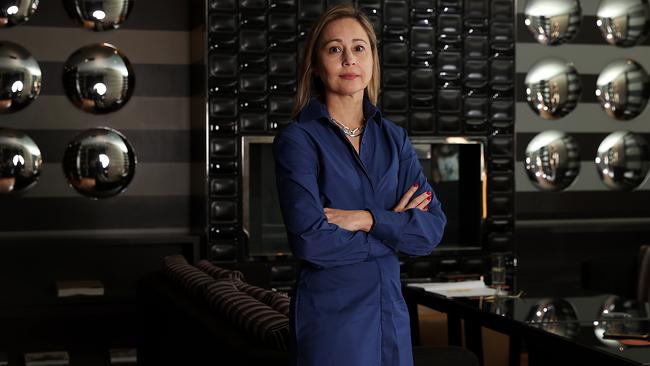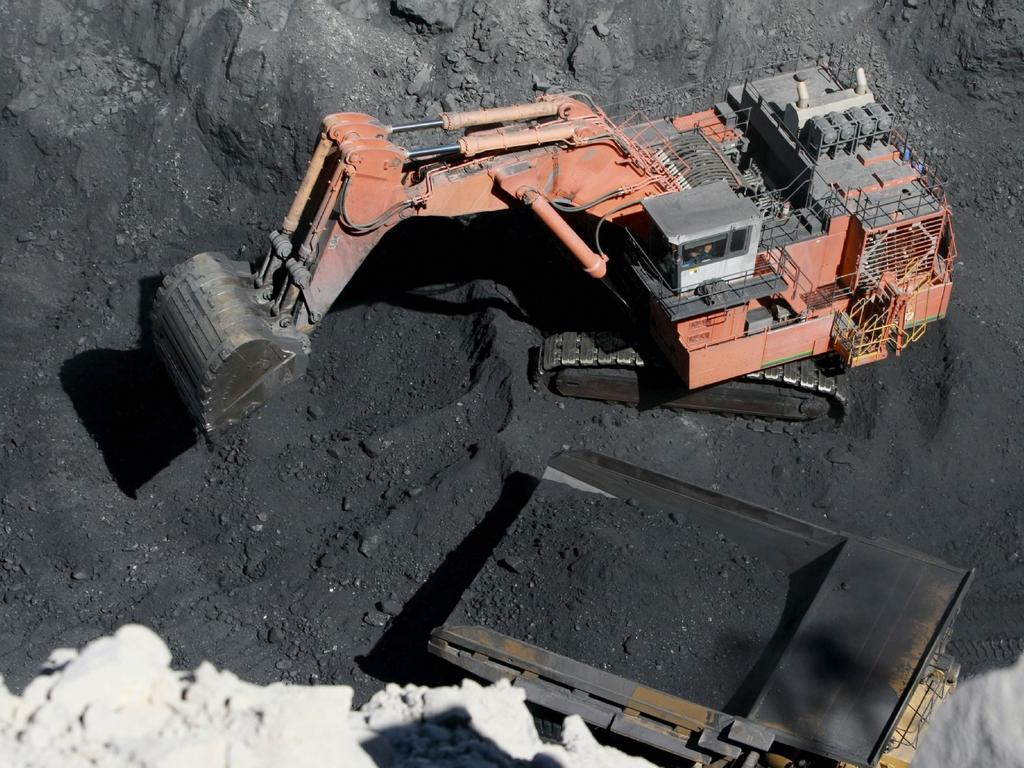World Coal Association chief Michelle Manook calls for ‘rigour’ in carbon debate
Cancelling fossil fuels and replacing them with renewables in a ‘cut and paste’ operation will not solve the energy problem, says World Coal Association chief Michelle Manook.

Cancelling fossil fuels and replacing them with renewables in a simplistic “cut and paste” operation will not solve the energy problem.
So says Michelle Manook, head of the World Coal Association – who landed in Sydney this week, her first trip to Australia in three years.
She argues that emissions from coal can be up to 99 per cent abated and the fuel will remain fundamental to the energy mix, create new industries beyond combustion and become part of a new integrated value chain.
What timing.
Last week’s response from the government to soaring energy bills is a shirtfronting for fossil fuels: coal and gas is to be excluded altogether from the “capacity mechanism” that pays firm energy providers for power, price caps are locked in for a year and ongoing intervention flagged.
Earlier this month, Glencore pulled the plug on its $1.5bn Valeria coal mining project due to increased uncertainty as the government announced the project would be one of a number reassessed on environmental grounds.
Yet Manook’s membership of coal businesses, rail companies and coal customers is growing, not shrinking, in Australia, in Asia and South Africa. “There is this sense about being authentic about the business we are in. We are in coal. We know that we need to be better than we were yesterday,” she says.
Manook, who is Australian, says the government will have to make the same decisions that other countries are making. “This is not a question of changing priorities – we suddenly have to deal with price. We have to deal with all of it,” she says.
The top coal advocate points to the European experiment: they fast tracked renewables only to be hit by a gas crisis from the war in Ukraine. “Three years ago I could not get anyone to talk about energy security.”
She says there is a new rigour in discussions with governments at the highest levels while previously the debate was swamped by green virtue signalling.

“What is the true cost of this transition, not just money, but to peoples’ lives, livelihoods? Now we are asking some of the correct questions, like if renewables are cheaper, why am I paying more? Why are we in this situation? We are just at the start of this transition and this is the first stress test of it,” she says.
“So we are back to the basics where we have to contemplate energy affordability, energy reliability and energy security and what that actually means from a development and decarbonisation perspective.”
She says even the basics around coal are not understood by the public and many policymakers. “Our job is not to be popular or to be liked; our job is to honestly and authentically educate. Consumers have the right to understand why their jobs just ended because that company would not afford their energy input costs,” she says.
Manook’s members are just as concerned that the market is ill-informed about the role of coal in decarbonisation. She cites the International Energy Agency in arguing that up to 99 per cent of emissions from coal can be abated with known technologies and processes.
However, enthusiasm for the leading abatement technology, carbon capture and storage, has been lacking. The challenge has been that many governments have ignored the technology in their investment policies.
Manook is quick to point out that both the Independent Panel on Climate Change and the IEA state that 2050 net zero target cannot be hit without CCS.
“There has been a lot of bad information about CCS and its feasibility,” she says. “Like any technology, it needs scale.”
She says there is now more progress on CCS in Europe and the US, where there are tax incentives. According to the Global CCS Institute, CCS projects have grown 44 per cent in the past year, with 61 new facilities and 196 projects in the pipeline.
The race for hydrogen at scale continues. Manook says hydrogen produced from coal and water, where the carbon is captured through CCS, is today seven times cheaper than green hydrogen.
Manook says within the coal sector there is a desire to see ‘‘future coal’’ emerge: uniting the value chain in coal and innovation beyond combustion to create coal hydrogen, coal fertilisers, and high carbon products from coal waste like fly ash.





To join the conversation, please log in. Don't have an account? Register
Join the conversation, you are commenting as Logout